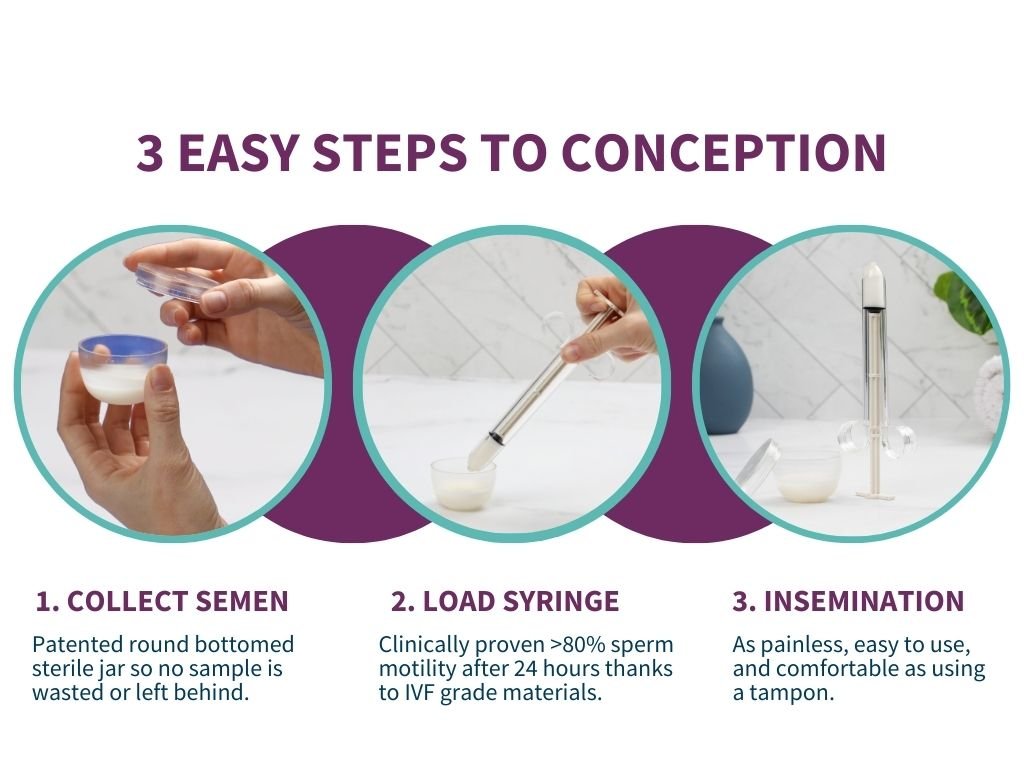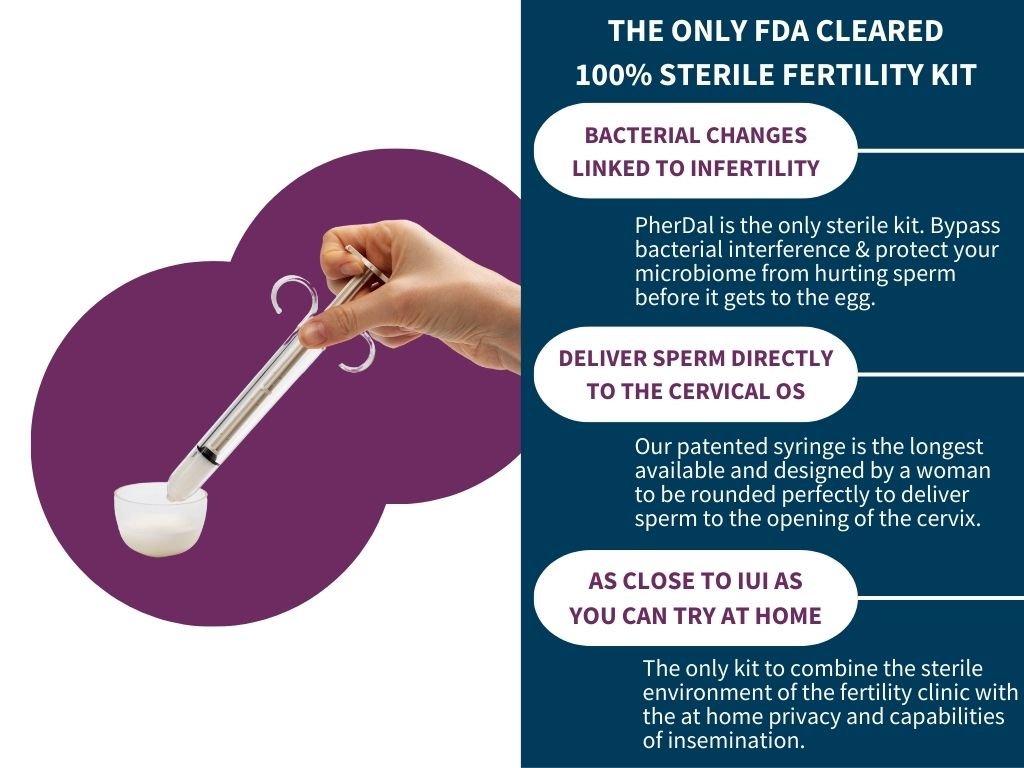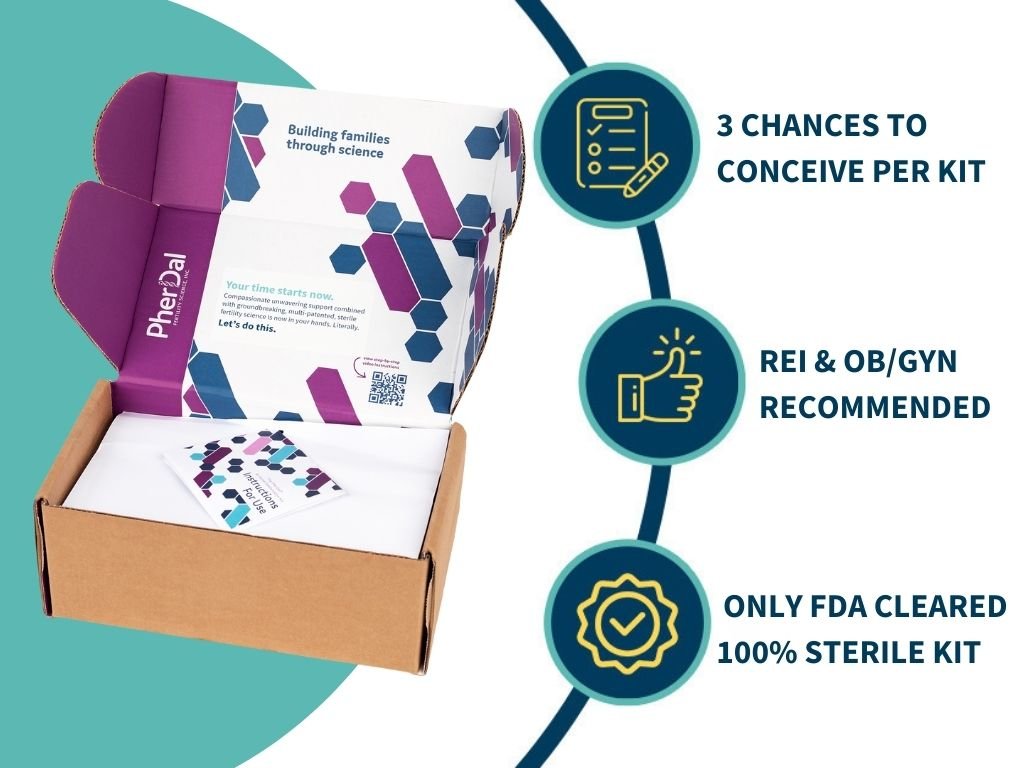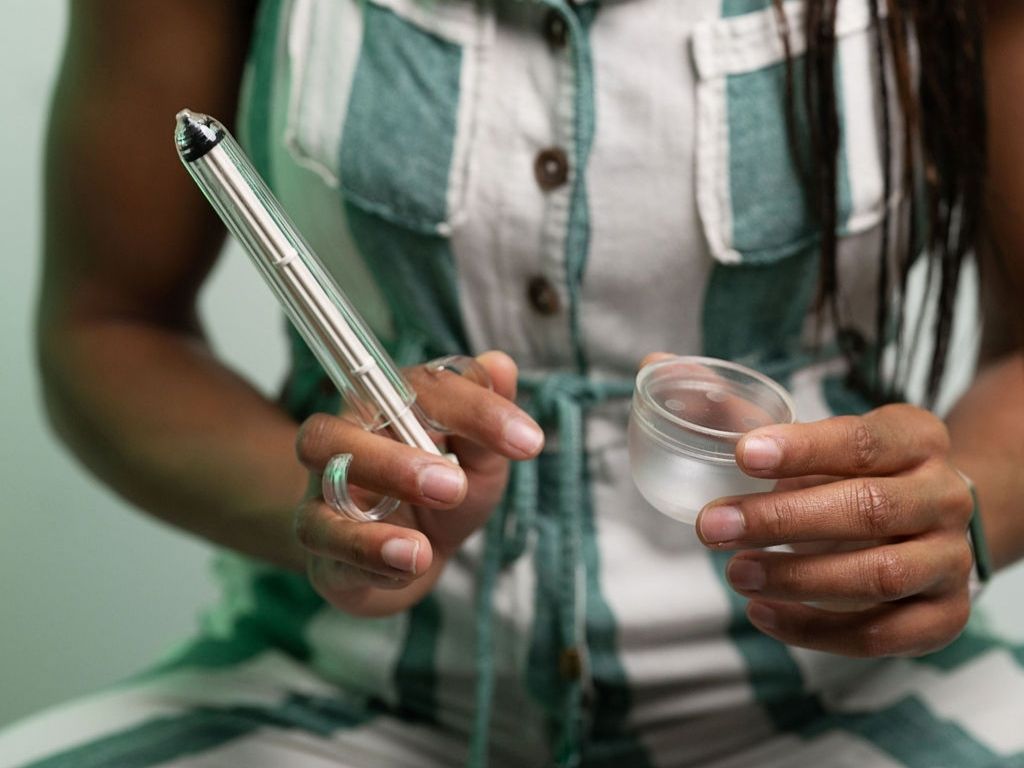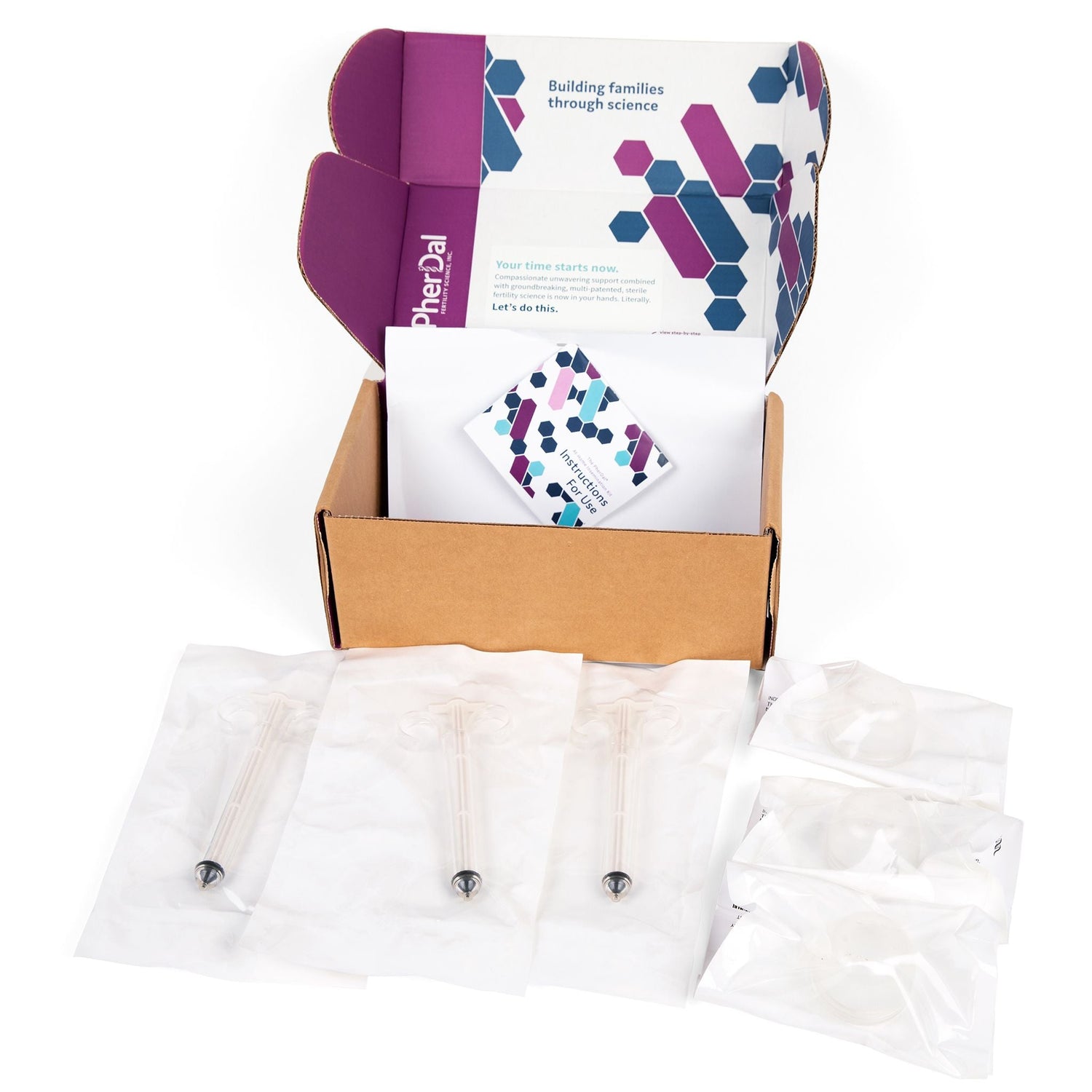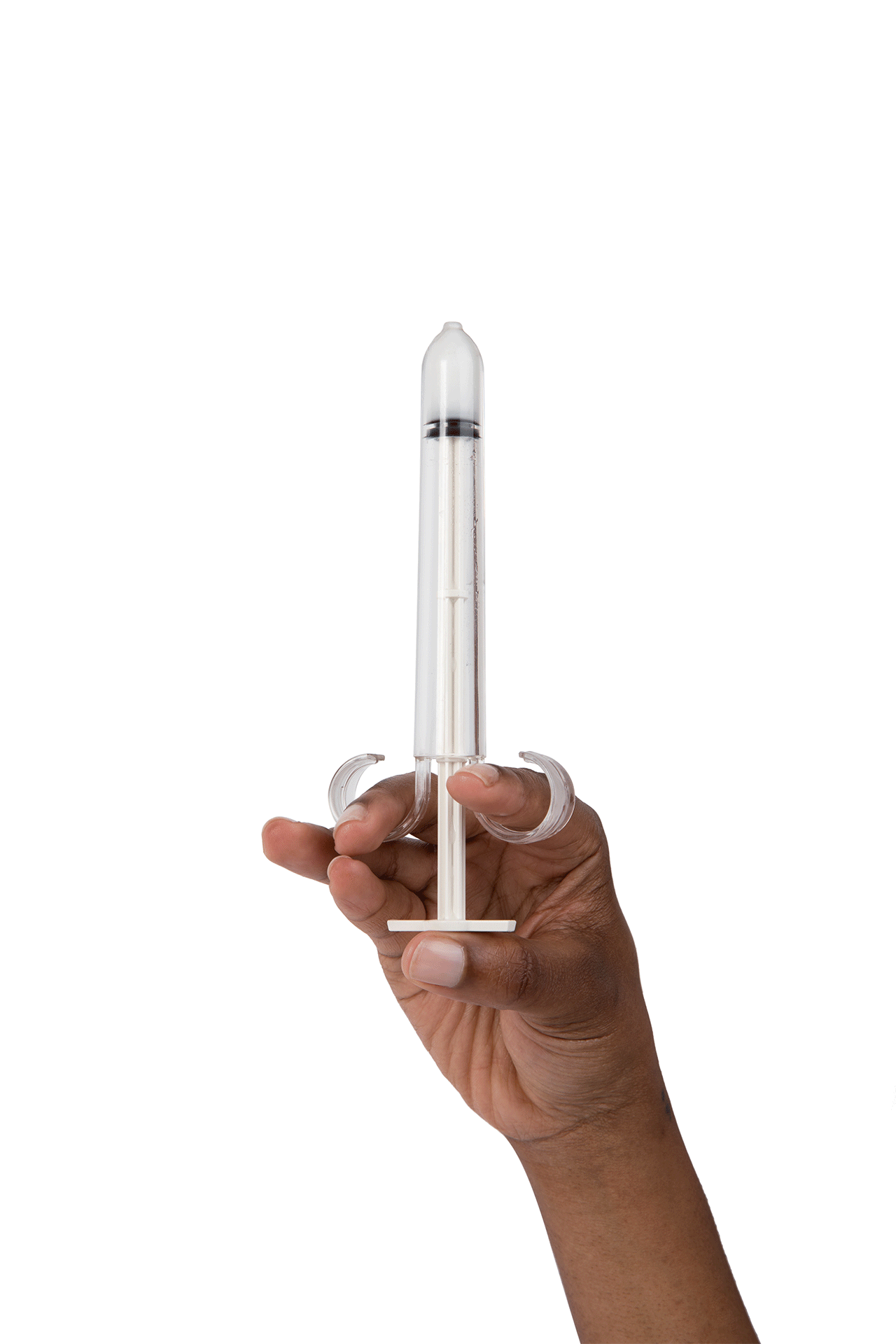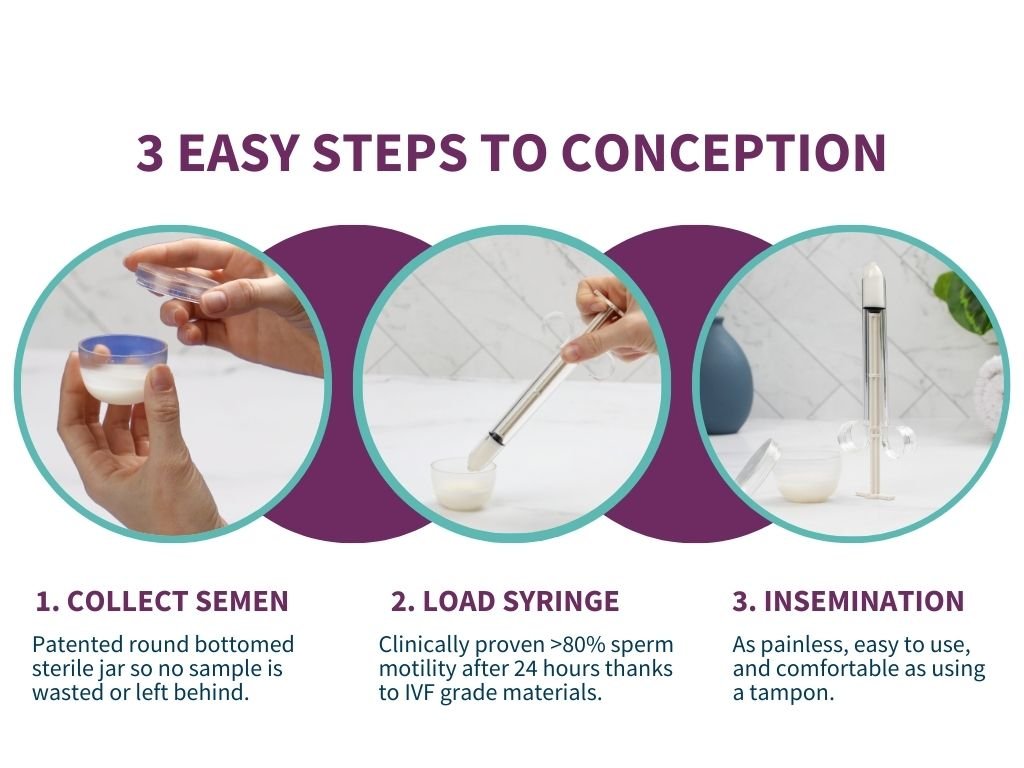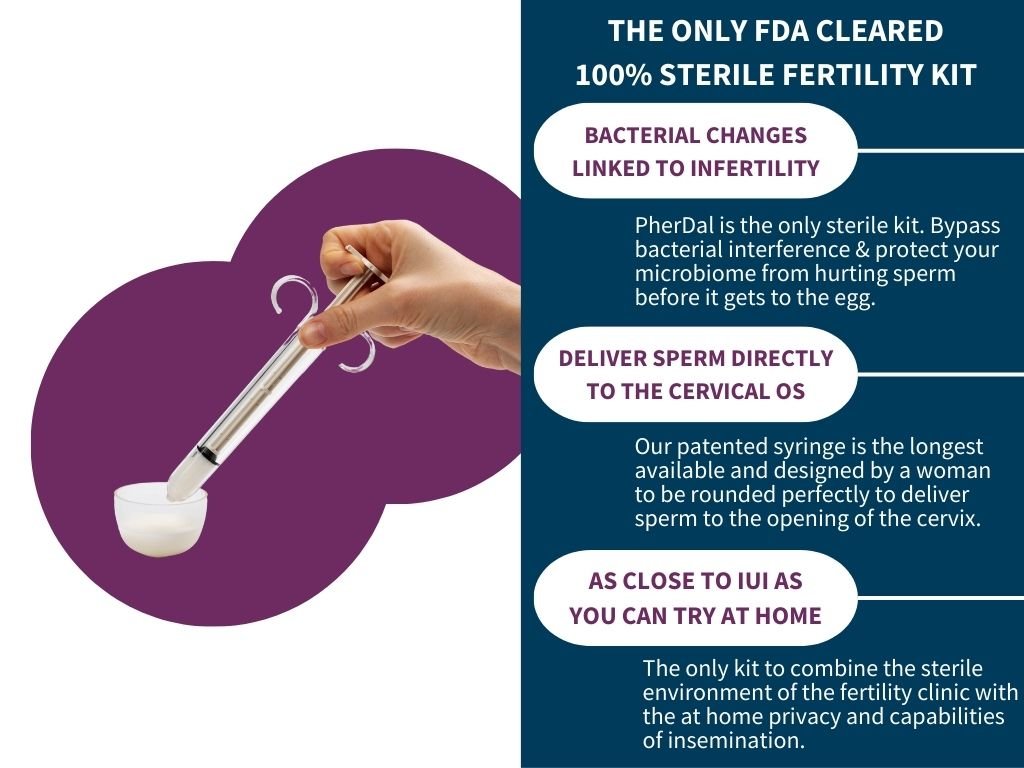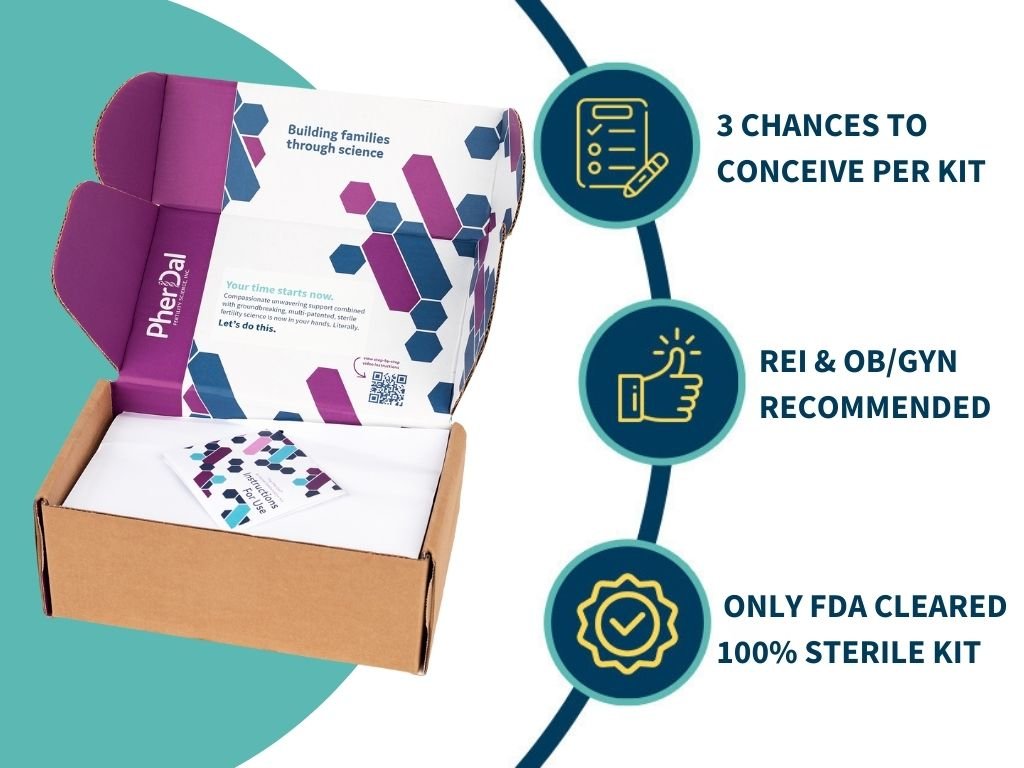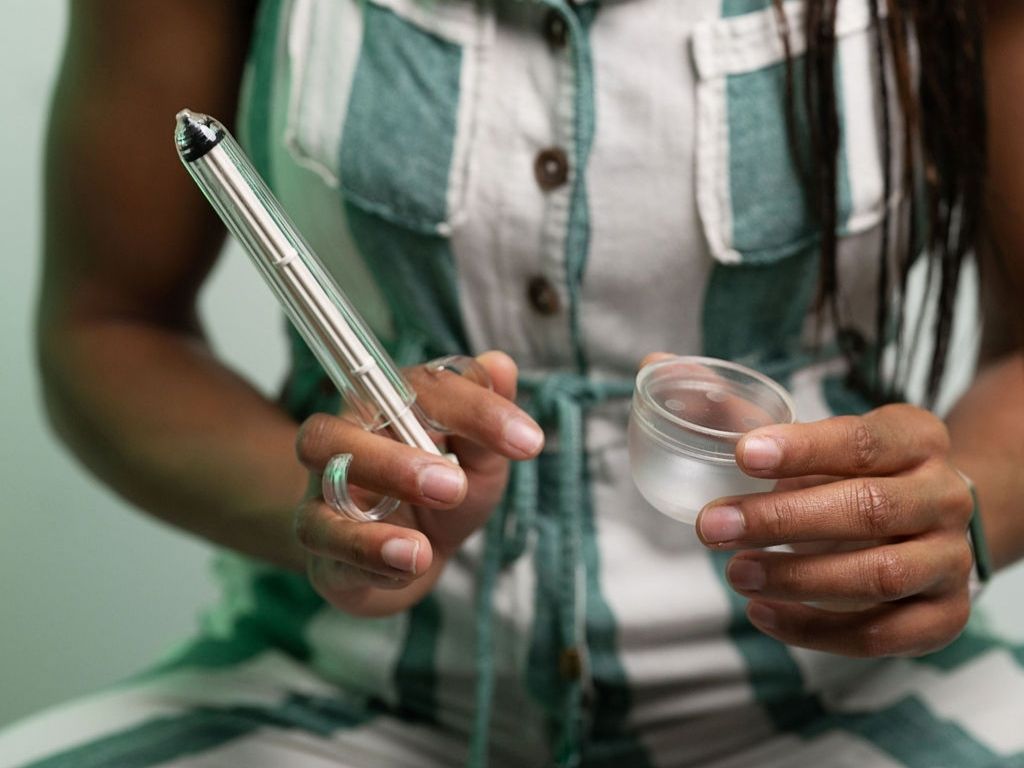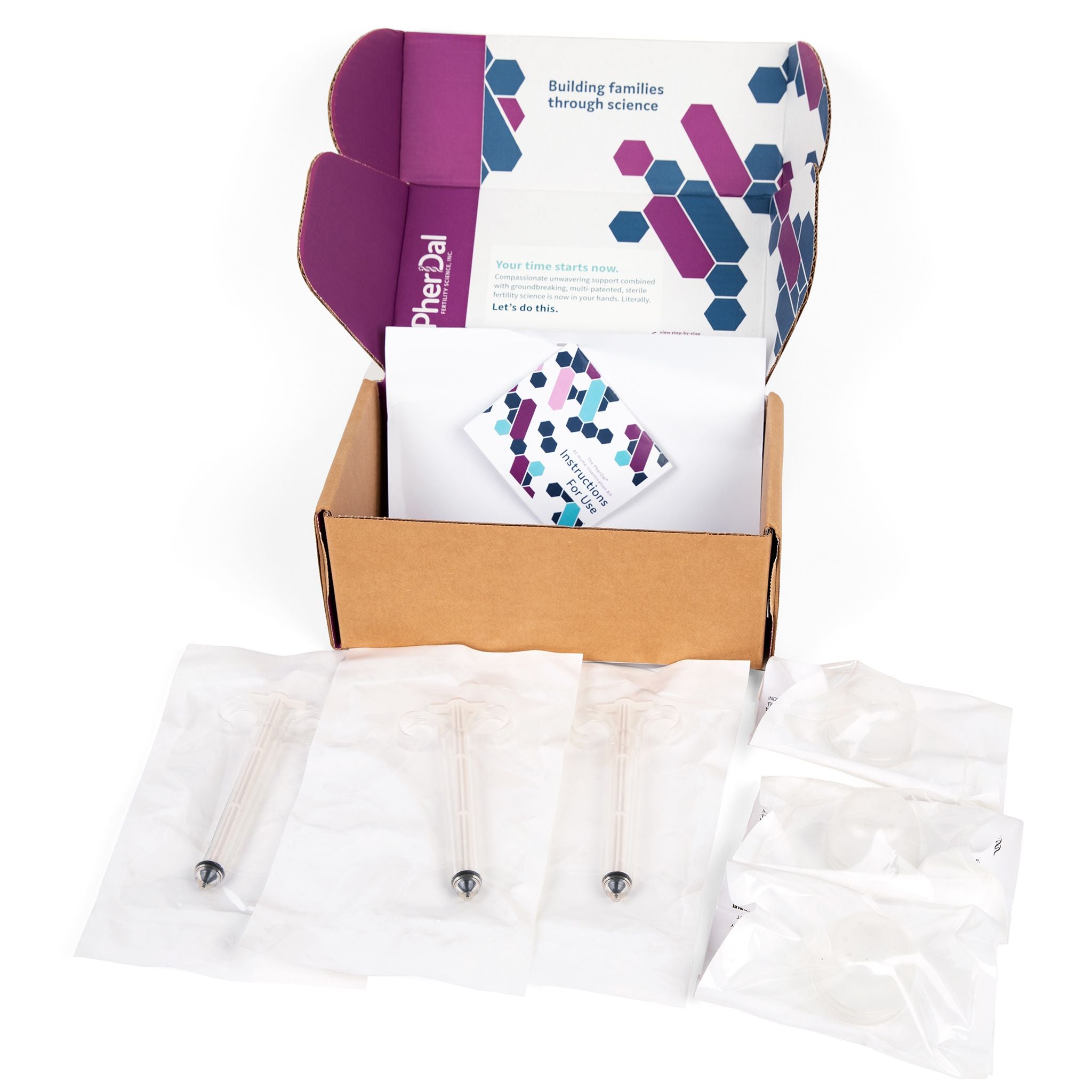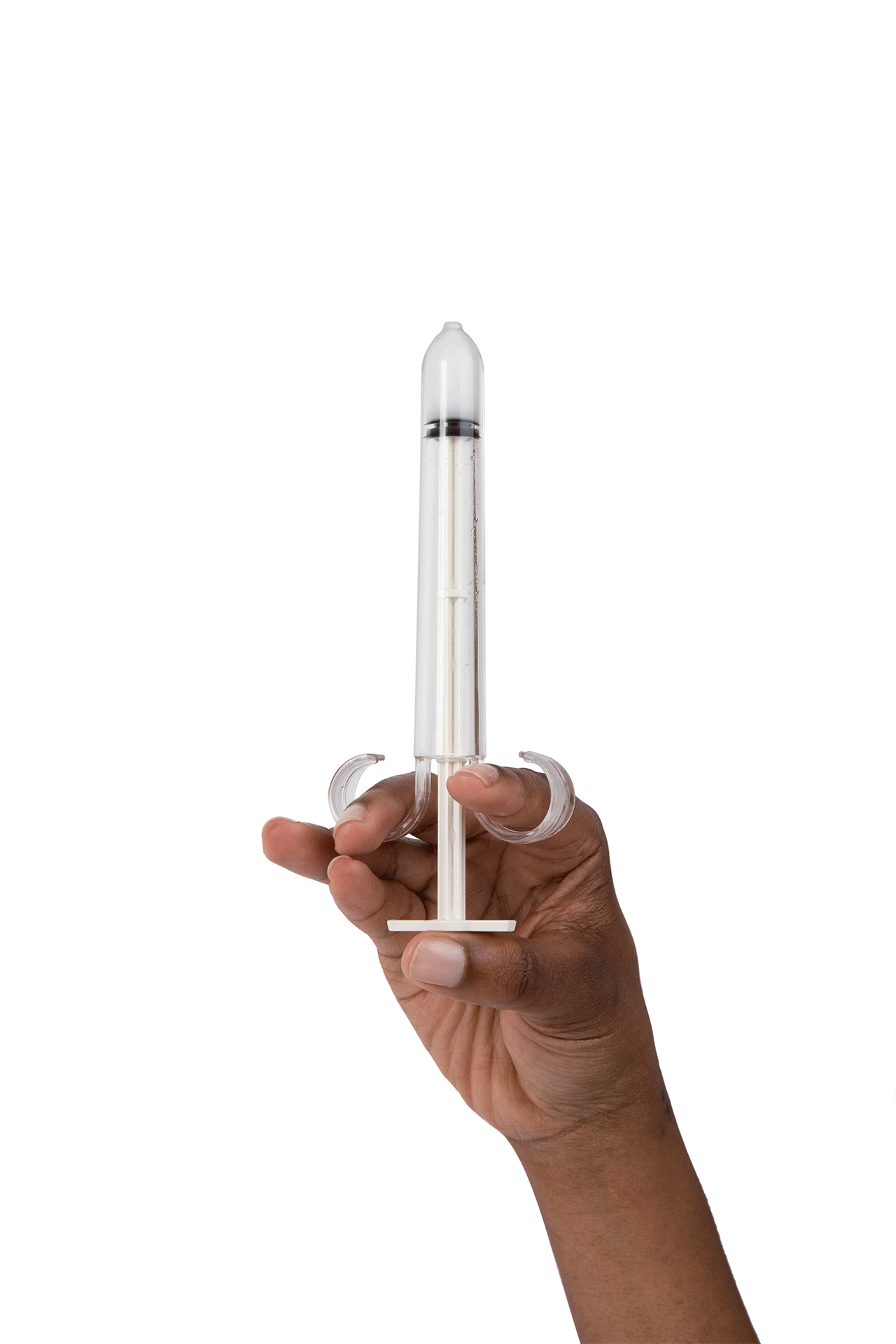Struggling with fertility can be all-consuming and emotionally draining. The never-ending cycle of hope and disappointment can cause a sense of sadness and anxiety that permeates every aspect of your life.
Each negative pregnancy test creates a new level of uncertainty and desperation to seek answers on what may be interfering with your dreams of starting a family. One of the most common questions couples ask is, are fertility issues genetic?
If you ask Google the answer to this question, you are likely to be overwhelmed with information on genetic disorders that may cause unnecessary stress and anxiety. It's important to remember that the reproductive system is complex. And while genetics can play a role in certain types of infertility, there is a wide range of factors that can contribute to challenges with conception.
So, let's avoid ending up down the rabbit hole on Google, break down some of the genetic disorders that are known to impact fertility, and explore how genetic research could provide valuable insight into the issue of unexplained infertility.
Known Genetic Disorders That Impact Fertility
Several genetic disorders are known to impact fertility. Most of these conditions affect an individual’s health broadly, with fertility being just one element. Some of these disorders are diagnosed in childhood, and you would already be aware of their existence, while others may not be detected until you start trying to conceive.
Major Disorders That are Usually Diagnosed in Childhood
Individuals diagnosed with these disorders will vary in symptom severity, and some may desire to have a family. However, given the genetic nature of their condition, extensive genetic testing and counseling are involved in the process.
Known major disorders include:
-
Turner Syndrome
-
Congenital Adrenal Hyperplasia
-
Kallmann Syndrome
-
Klinefelter Syndrome
-
Cystic Fibrosis
It’s important to note that fertility treatments are available for some of these conditions. For example, men with Cystic Fibrosis have an abnormality in the vas deferens that transports the semen. However, the sperm itself is fertile, so it is possible to retrieve the sperm for artificial insemination.
Genetic Disorders That May be Diagnosed During Fertility Testing
Certain genetic conditions can display no other symptoms than fertility problems and are often not detected until an individual has difficulties with conception.
Genetic disorders that may be diagnosed during fertility testing include:
-
Fragile X-Associated Primary Ovarian Insufficiency (FXPOI)- Women who develop FXPOI have changes in the FMR1 gene. There are varying levels of severity, with the worst being a premature ovarian failure. Women who are FMR1 carriers can get pregnant naturally; however, most will be initially identified because they are experiencing difficulty with conceiving. Various fertility treatment options are available, and prenatal testing for the condition can be completed.
-
Y Chromosome Microdeletions-Men missing areas of their Y Chromosomes may have little or no sperm production. Males with Y Chromosome associated infertility usually have no obvious symptoms and will only be identified during fertility testing. Depending on the severity of the condition, fertility treatment is available.
-
Embryo Chromosomal Abnormalities-Human beings normally have 23 pairs of chromosomes. Miscarriages are often caused by abnormalities in the number of chromosomes contained in the embryo. These abnormalities are called aneuploidies and appear more frequently as a woman ages.
-
Parental Chromosomal Abnormalities-The male or female parent may have an abnormality in their own chromosomes known as a translocation. Translocations occur when a portion of two different chromosomes swap positions. In this situation, the embryo may end up with an unbalanced amount of chromosomal material, and the pregnancy will result in miscarriage. Alternatively, the embryo may have a balanced amount of chromosomal material and be a carrier like their parent.
How Are Genetic Disorders Diagnosed?
If your doctor suspects that a genetic disorder is playing a role in your ability to conceive, they may suggest genetic testing. Depending on the type of test your physician orders, you will be required to provide either a blood sample or a cheek swab. Genetic testing can be an emotional and stressful experience, so it is recommended that you seek the support and guidance of a genetic counselor throughout the process.
Familial Medical Conditions That May Impact Fertility
Many medical conditions are known to be familial, implying that our genes do play a role in their development. However, in most cases, no one gene is to blame, and environmental factors can impact your chances of being affected.
Familial medical conditions that may impact fertility include:
-
Endometriosis
-
Thyroid Disease
-
Polycystic Ovarian Syndrome
-
Celiac Disease
Could Genetics Play a Role in Unexplained Infertility?
Being diagnosed with unexplained infertility is infuriating and frustrating. When you seek help from medical professionals, you expect an answer and a path for treatment. Walking away from your doctor with more questions than answers can be soul-destroying.
We are only just beginning to understand the potential causes behind unexplained infertility. For example, the evolving research on the female microbiome and its impact on successful conception has been pivotal in developing the patented technology behind the PherDal intracervical insemination (ICI) kit.
There are literally thousands of individual genes involved in the reproductive process of both men and women. Therefore, it is probable that what we label as unexplained infertility could be due to a genetic issue that has yet to be discovered.
In fact, exciting new research has already begun on developing a gene panel to identify pathogenic or likely pathogenic variations that could be to blame for unexplained infertility.
You Don't Have to Face Fertility Issues Alone
So, are fertility issues genetic? Like most things in the field of reproduction, the answer is… it's complicated!
But one thing I can tell you with complete confidence is that you are not alone, and there is help available.
I know firsthand how tough it is to battle infertility and fight for answers. That's why I created PherDal, and my mission is to empower you to take control of your fertility journey no matter what diagnosis or challenges you face.
Contact us today and allow us to support you on your journey to parenthood.








